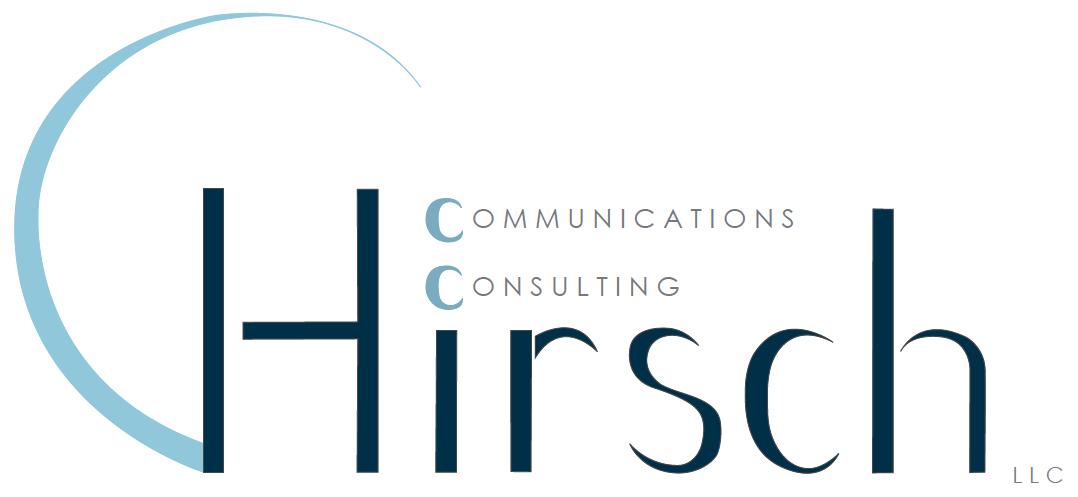With the elderly population in the United States expected to double in the coming decades, the demand for caregiving services will be higher than ever before. According to the National Association of Insurance Commissioners, 15 million people in the United States are expected to have a high long-term care need by 2050.
Do the loved ones of these millions of people—potential primary caregivers—understand what could be to come?
Securian Financial recently conducted a survey of more than 800 people currently providing, or who have provided, unpaid care to a parent, in-law, or spouse who is aging or has a disability or chronic disease.
The survey found that most caregivers (60%) spend more than 10 hours a week caring for a family member, and about one in four (29%) spend more than 20 hours a week. Women (32%) are more likely than men (26%) to spend more than 20 hours each week on caregiver duties.
More than one half (55%) of caregivers characterized their role as “supportive.” One-third, however, indicated they feel “concerned” (33%) or “overwhelmed” (32%) by their caregiving responsibilities.
The most difficult aspects of life for caregivers to maintain are emotional stability (60%) and a healthy balance between the time they spend care-giving and time spent with immediate family members (56%). Other areas with which caregivers struggle are keeping up with day-to-day tasks (54%) and maintaining their own financial well-being (52%), with one in six people (17%) finding it very difficult to sustain their financial well-being.
“As the primary caregiver for my mother who is battling Alzheimer’s disease, I know firsthand the emotional and financial burden of caring for an aging parent while raising two young children and having a full-time career,” says Kim Anderson, a product research manager for Securian Financial.
Families frequently shoulder the time and cost burdens associated with caregiving duties, and after the level of care required goes beyond the capabilities of immediate family members, the affordability of long-term care can be out of reach for many.
“In January, my mother’s health declined considerably and we made the difficult decision to move her into a skilled memory care facility,” says Ms. Anderson. “To help cover the steep costs of this high level of care, my father moved in with my family.”
Traditionally, many people have purchased stand-alone long-term care insurance. Unfortunately, the costs of long-term care are on the rise, and the standalone long-term care insurance market has undergone significant changes.
Many insurers have stopped offering stand-alone long-term care insurance entirely, and most of those that have stayed in the market have increased premiums substantially. In 2000, there were 125 insurers offering standalone long-term care insurance, according to the National Association of Insurance Commissioners. In 2014, there were less than 15.
Forty-eight percent of the caregivers participating in Securian’s survey say the person they are caring for does not have long-term care insurance. Those who care for a family member for more than 20 hours a week are the least likely (34%) to say their care recipient has long-term care insurance.
Cost is the primary reason why people do not purchase long-term care insurance. One half of caregivers (50%) whose care recipients do not have long-term care insurance believe it is too expensive for their recipient, while another 10% do not believe it is a worthwhile investment.
Securian’s survey also found that caregiving often impacts a person’s career and earning prospects.
One half (50%) of those who held jobs while they were a caregiver say it affected their job performance, with the most common impact being the need to take days off from work (41%).
In addition, more than one fifth of caregivers (22%) say their hours or responsibilities at work were reduced because of their care-giving commitment. Moreover, 15% of employed caregivers had to take a leave of absence from work, and 12% said they quit work altogether because of their care-giving responsibilities.
“The financial burden of missing extended periods of work to provide care for a loved one is a struggle for many,” says Ms. Anderson. “In our survey, 28% of the people providing care for a loved one who has long-term care insurance said the fact that the insurance doesn’t cover their own expenses as a non-compensated caregiver is challenging.”
In addition to stand-alone long-term care insurance, other insurance options designed to help pay for long-term care include life insurance and annuity policies with long-term care funding riders, and hybrid policies combining life insurance with long-term care benefits. Self-funding (i.e., paying out-of-pocket) is the most common way people in the United States pay for long-term care, and Medicaid is an option for care recipients with depleted assets.

